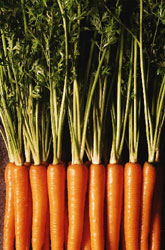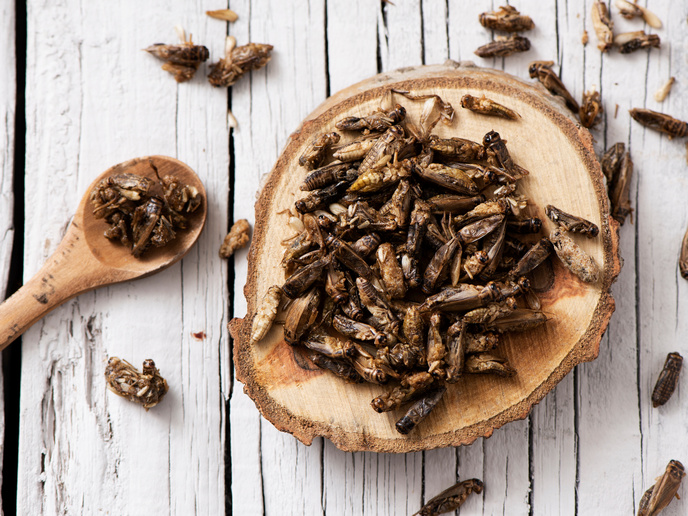Safer carrots
Increasing numbers of people are turning to organically grown produce as fears about the negative effects of pesticides, hormones and other chemicals associated with mass production escalate. Yet organic produce can also be compromised by naturally-occurring toxins. For instance, the fungi Alternaria alternata and Alternaria radicina can cause mold and black rot on carrots. In an effort to reduce the risks of ingesting mycotoxins produced by these fungi, researchers at the August Cieszkowski Agricultural University examined 53 isolates of the two species. The isolates were sourced from carrots, parsley, celery and wild carrot and cultivated on rice, potato-dextrose-agar (PDA) and carrot root discs to evaluate toxigenicity potential. The results of the experiments varied considerably. A. alternata produced a number of different toxins depending on the culture media ranging from tenuazonic acid (TeA) to alternariol (AOH) to alternariol methyl ether (AME) to altertoxin I (ATX I). Encouragingly, AAL-toxins and fumonisins were not detected while levels of AOH and AME were much lower on carrots. A. radicina produced a different range of toxins, including radicinin (RAD) and epi-radicinol (epi-ROH). Of interest is that once challenged by toxins, the seeds and subsequent seedlings presented higher levels of disease. The research also investigated the time and temperature elements of the equation. The results suggest that the risk associated with carrots is relatively minimal when they are stored for a relatively short time (less than four weeks) at low temperatures. The August Cieszkowski Agricultural University is looking to purvey its expertise to the organic marketplace, in particular to carrot breeders and producers. Their aim is to collaborate on breeding resistance to the Alternaria spp fungi.







